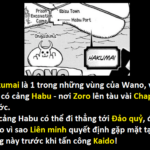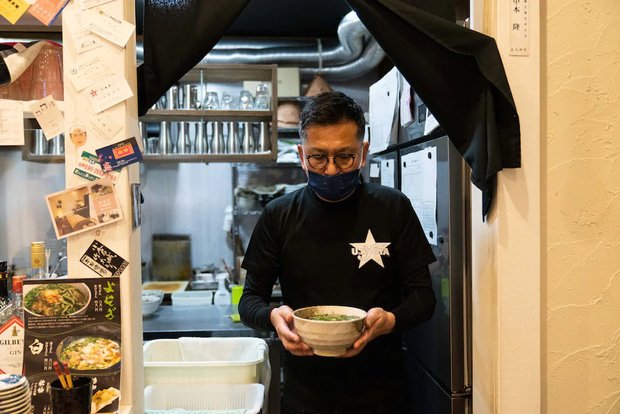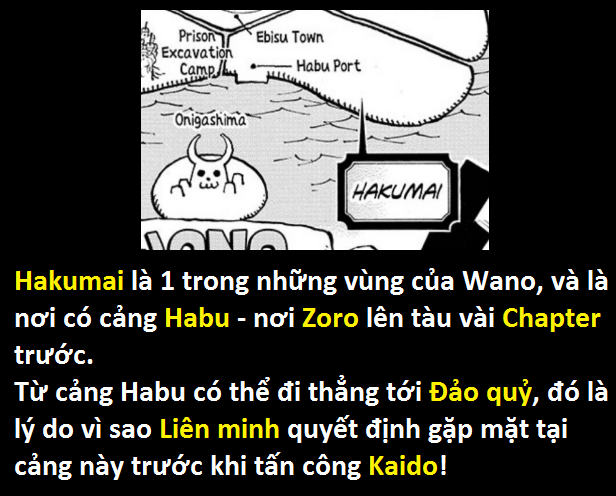Chef Takashi Nakamoto quickly boils the noodles, using skillful movements to create the restaurant’s signature bowl of udon noodles.
It is a testament to Nakamoto’s harsh past.
Takashi Nakamoto – a reformed former yakuza
That effort has created many `fugitives` like Nakamoto – people who want to find a way to redeem themselves and rebuild their lives after leaving the yakuza `family`, which operates by extremely strict rules of loyalty.
For many years, yakuza organizations operated almost openly.
While serving his final prison sentence in 2015, Nakamoto began thinking about where he was going.
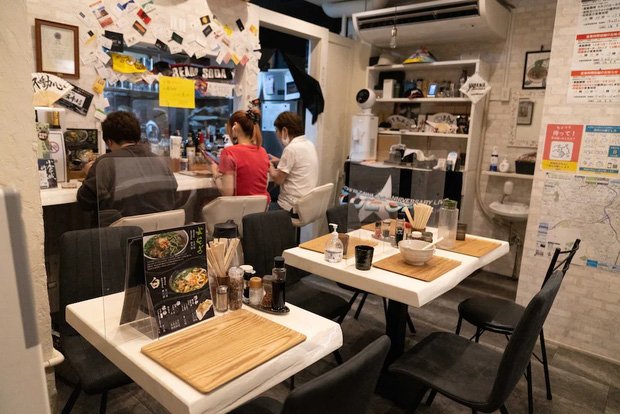
Nakamoto’s restaurant
`Even though I left the underground world, I have learned a lot of things. The core values are still the same,` shared Nakamoto, who currently owns an udon noodle restaurant in Kitakyushu –
`I was willing to do everything, even die for the organization,` he recalled.
But `normalcy` for former yakuza is not easy.
Yakuza gang members are dwindling in numbers, after a decade of crackdowns targeting criminal organizations often involved in drug trafficking, money laundering and gambling.
In 2011, there were about 70,300 yakuza recorded by the National Crime Prevention Organization, but by 2020 there were only 25,900.
Satoru Nomura – Kudo-kai’s big boss, the first yakuza boss to be sentenced to death
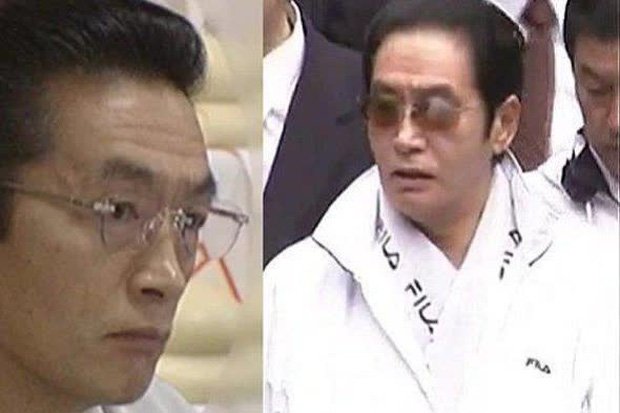
On August 24, 2021, a court in Japan handed down the death sentence to Satoru Nomura – the boss of Kudo-kai, on charges of attacking 4 civilians and killing 1 person.
After the verdict, Nomura shouted in court: `You will regret it for the rest of your life.`
`I think the verdict has had an impact on the yakuza world, in terms of restrictions and regulations for them becoming stricter,` – Garyo Okita, a former yakuza, currently working on a related film project
`With the death sentence, the Kudo-kai will no longer be considered a special case, and all yakuza will be considered an equal threat.`
A decade ago, yakuza gangs were still very strong – both in power and financially.
This regulation is designed to isolate yakuza from society – according to Noboru Hirosue, a crime expert in Japan.
That change caused many high-ranking members of yakuza organizations to decide to `hang up their swords` early, while their subordinates also left.
`That law has a huge impact on the yakuza world,` Okita commented.

But according to Hirosue, that change led to a rising crime wave outside the yakuza network.
`Japan’s underworld is entering a new phase,` Hirosue said.
Motohisa Nakamizo – a former yakuza who left Kudo-kai in 2011 after the gang’s boss retired – was accepted into a real estate company owned by his family.
But cases like his are very rare.
Motohisa Nakamizo
For example, localities have regulations that prohibit former yakuza members from doing many things, such as opening a bank account or renting a house within five years of leaving the gang.
`Whether you finish your sentence or leave a yakuza organization, you have to assume that life in the first 5 years will not be like a normal person’s. People often say you have to start from scratch, but we
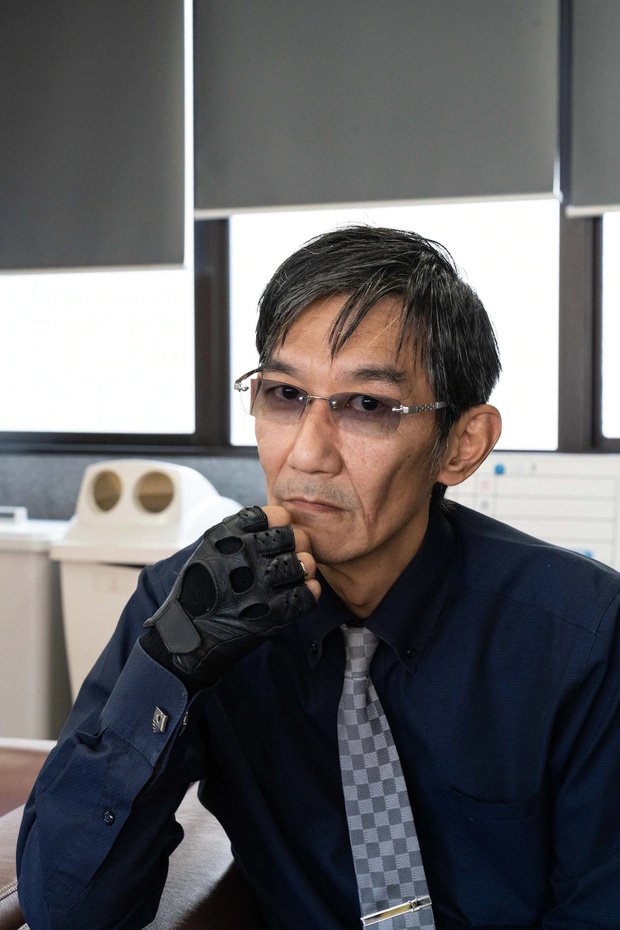
Also according to data from the Ministry of Justice, only 10% of former yakuza can pass the first 5 years.
Nakamizo recruited former yakuza to work, giving them the opportunity to be compensated
`Hopefully society will reduce prejudice and give such people a chance,` Nakamizo continued.
The gap in educational levels is also a difficult problem.

`I want to return to normal life,` – Komura confided.
Instead, he decided to take the exam to get a paralegal license.
20 years ago, members of the Kudo-kai crashed a car into a tea shop in Kitakyushu.
So when Nakamoto wanted to open an udon restaurant in Tsuji’s shopping district while still under a five-year ban, the difficulties became piling up.
Nakamoto in his restaurant
`Nothing will change if you just sit and wait for 5 years because of this restriction. You can’t just sit and wait for people to help you, you have to help others first.`
Tsuji felt impressed.
`Anyone who comes to meet me, even a former yakuza, I will listen first, look straight into the eyes to assess sincerity and seriousness,` – Tsuji shared.
On normal days, Nakamoto’s restaurant has a steady stream of customers coming for lunch.
When working, he wears long gloves to cover tattoos that should not be displayed.
Source: Washington Post
